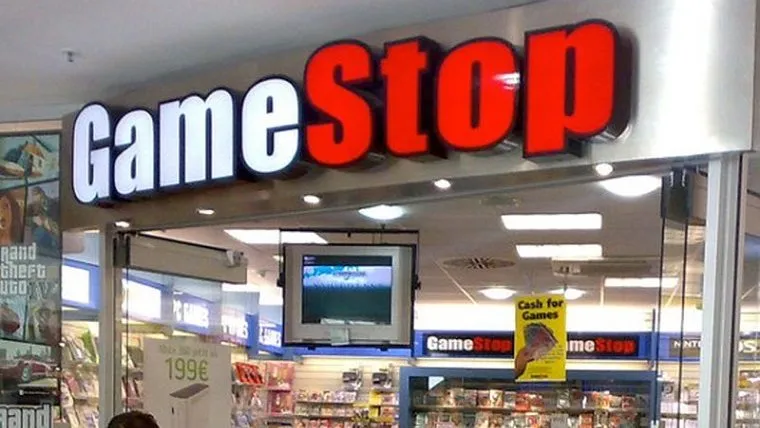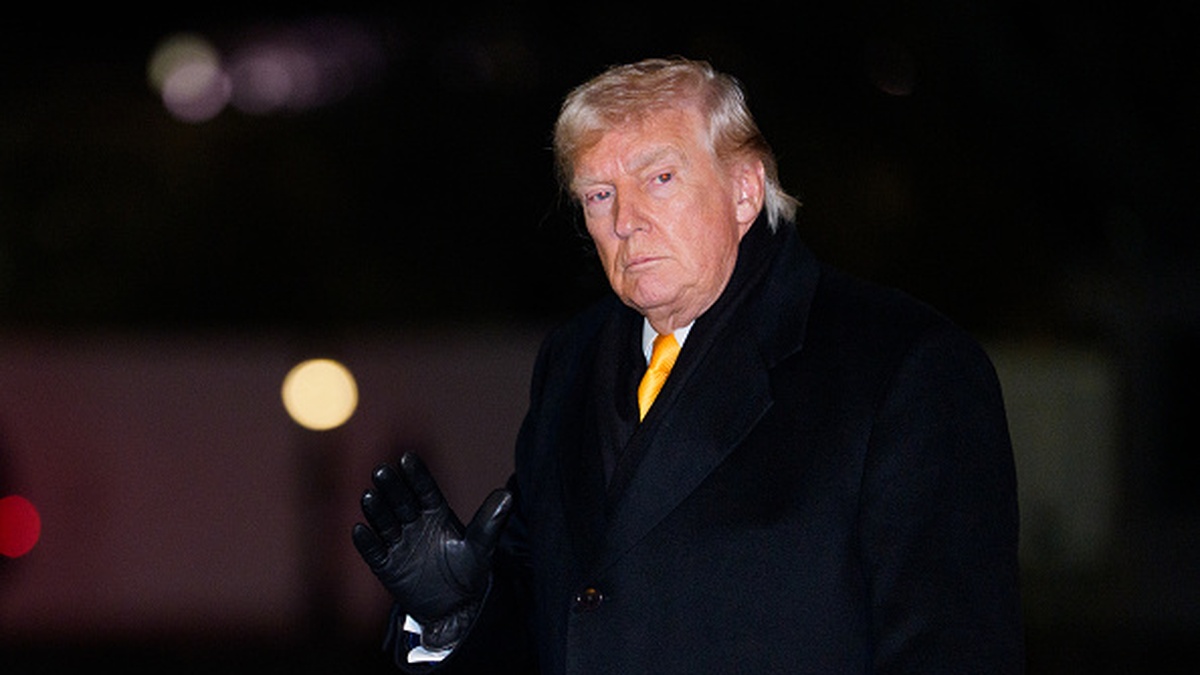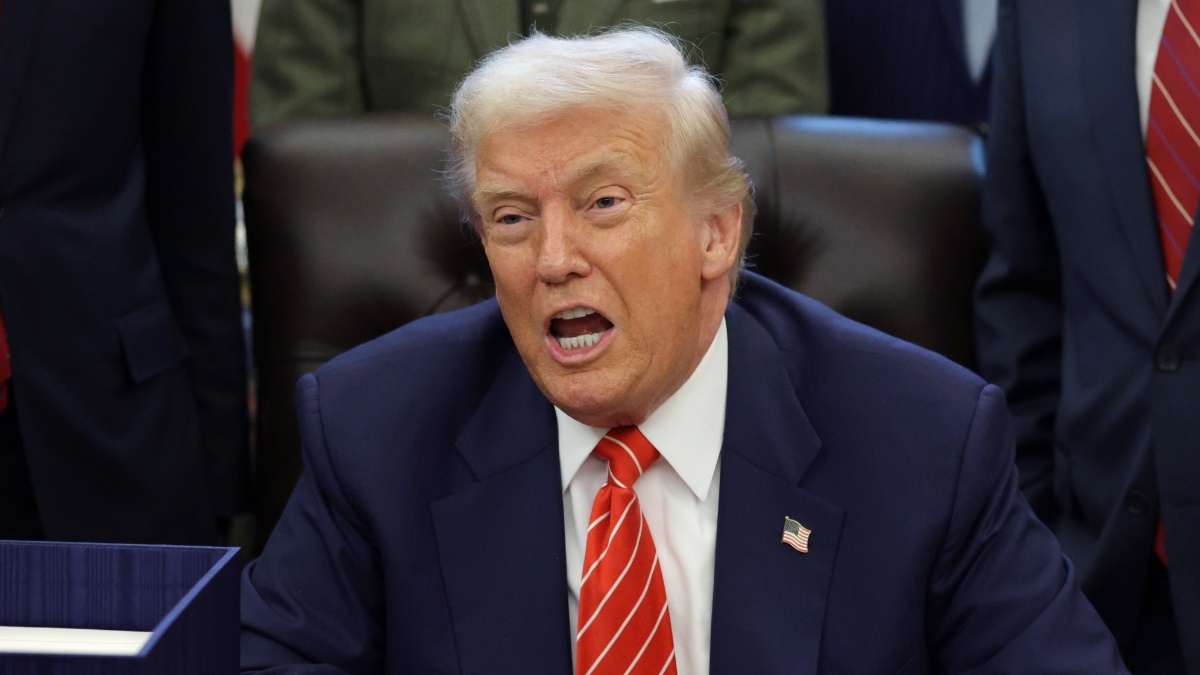Video games as a whole are doing quite well, but with shifting consumer interests it looks like the largest brick and mortar video game specific retailer isn’t. Gamestop has announced that they will be closing 2-3% of their stores nationwide following massive drops in sales and revenue late last year. The news has already had a big impact, prompting a decline in Gamestop stock in the double digits.
According to CNBC, Gamestop saw a decline in hardware sales of 29.1%, with software dropping by 19.3% for the fourth quarter of 2016. These are key losses as they represent major sections of Gamestop’s overall business.
“The Texas-based company said fiscal fourth-quarter global sales decreased 13.6 percent to $3.05 billion, while consolidated comparable sales — a metric monitored closely for retail companies by Wall Street — declined 16.3 percent,” reports CNBC.
Gamestop used to be a juggernaut in the gaming industry, with its policies and needs shaping a lot of publisher’s decisions. We saw this with efforts like EA’s $10 policy, which locked away multiplayer and other features behind a $10 paywall that had a one-time use code for new copies of games. The aim of this policy was to chip away at used game sales at Gamestop and other retailers, which represented big losses for publishers as they did not get paid anything from those sales.
Since then we’ve seen big shifts away from in-store game purchases. Amazon and other online retailers handle a large part of physical game sales thanks to lower prices and better shipping options. And we’ve seen big moves toward buying games digitally, with very big sales getting lots of gamers on board with non-physical copies of games.
There is a chance that Gamestop can pivot with news that they are looking to open more technology and collectible focused stores in place of the full game retail experience. We’ll see in 2017 and 2018 how that turns out.











Published: Mar 24, 2017 12:45 pm